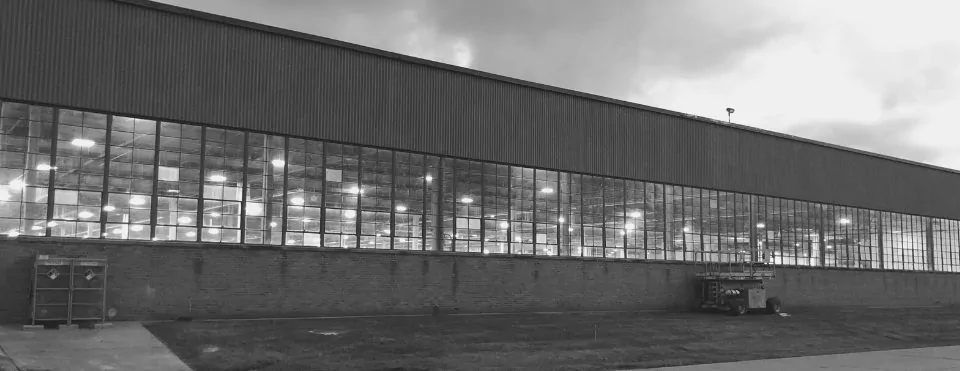Composting at Work and other ways to engage employees in sustainability

Sep 05 2018
There are so many ways to get started in making your workplace more sustainable, but it takes buy in from the ownership. Whether a huge corporation or a small business, your efforts at making your office or workplace better can be thwarted by management if they are not on board.
Here are 5 key ways to bring a little bit of your environmental passion into work, that won’t create too much disagreement and/or cost your company too much money. You won’t need to hire an expensive energy consultant or engage waste consulting firms, but instead can start with these 5 steps.
Composting
While composting gets a bad wrap at times (smelly, hard to do, flies), we have used a great service at our office that composts without the hassle from Urban Canopy. They have a bucket that gets picked up every two weeks, and it works great for coffee, tea, and a ton of food waste. Since they are an industrial composter, they can take more things like diary and meat products – so it opens up more opportunities. We have not had any smell or fruit flies issues at work, which is a huge plus.
Buying Local
Its not as sexy as a solar panel or LED fixture with daylight controls, but it is important. Buying local can happen several ways, and they can often save a business money at the same time. As long as you don’t let it impact your main role at a company, few operations would complain if you brought them an alternative vendor that is local and would cost less – it just sometimes takes a bit of digging.
One of our favorite ways to buy local is to pick up lunch or meals at a local restaurant, instead of just getting delivery from the normal corporate place. We have a local sandwich shop near us called Spoken that is a favorite of the office, we can walk or bike to for picking up food, and does a great job of keeping food waste to a minimum. Nothing makes our office upset like mountains of styrofoam, especially in a city like Chicago that is known for lackluster recycling. I am never upset to show up to an event that is catered by the Corner Bakery, but I especially notice places that take time and order from local vendors.
Another example of buying local was an analysis we did on purchasing our outdoor LED fixtures for our clients through China or from a local vendor, Jarvis Lighting. While purchasing from China is less expensive, we were constantly running into supply chain issues. Occasionally, we had to air ship fixtures from overseas, costing both a fortune on our bottom line and our environmental impact (shiping via air has 50 times the carbon impact as shipping cargo via boat. Our local vendor not only supplies a majority of our exterior lighting solutions, but they also have a lean manufacturing model and can turn around products for us in several days. The impact on customers satisfaction, as well as environmental benefits, far exceed saving a few dollars on the fixture cost.
Bike Sharing
Bike Sharing is a good option for employees that mostly take public transit, but occasionally might need to take a Lyft or Uber. A bike sharing membership costs less than $80 a year in Chicago with Divvy, and you can either subsidize it all or partial for employees. Especially for those that occasionally go downtown, Divvy can be a super inexpensive perk that makes employees pumped up (pun intended).
Divvy will even consider your business as a spot for one of their stations, if you are interested in a membership for employees. While that may not make a huge difference, if you are a restaurant or bar – a Divvy station nearby could increase your traffic.
Smart Thermostats
Ok, so I often go on rants and tangents about smart thermostat solutions. There is a reason for this, and it isn’t the hot and cool new features and styles.
Smart thermostats give control over an empty business. Business owners, especially in the early years, are more often to be the only one at the office late at night or early in the morning. I can’t tell you then number of times I have been alone on a Saturday and realized that we left the heat at 72 all weekend long.
With a Nest or Ecobee, you can login from your phone or desktop browser and lower the heat. Better yet, they will use their smart powers to notice when the space is empty and automatically set back the heat or cooling.
Business owners also love control, or at least solutions to problems. Have a customer coming by on a Saturday in the summer in an unusual time – you can make sure to pre-cool the space an hour before to make sure it is comfortable when they arrive. In the past, you had to just leave the hold function on a programmable thermostat, and it may just override and set back. Smart thermostats give you a ton more options for savings on both heating and cooling, and often make a space more comfortable for employees.
Water Purification
This is one of the least popular moves that I have made, but I strongly believe in responsibly sourcing water for an office.
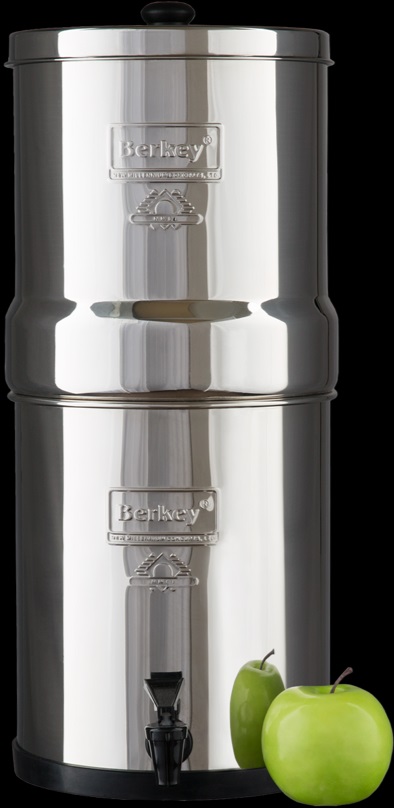
About 18 months ago, we put in a water purification system from Berkeley. It costs around $250, which took almost a year to payback in terms of our monthly water costs. However, it will last literally forever and will continue to saving us money on both the water service and electricity for years to come.
The best part for me – we got a $10 tea kettle and now have good hot tea, not that tepid tea water out of those water coolers.
After all, those of us in Chicago have the greatest resource on the planet in vast quantities just miles from us – we don’t need trucks to drive it to us. We can save that for our fancy french wine (or $3 chuck in my house).
**Note, in 2019, we added Tetracycle recycling to our office area, recycling almost 95% of our waste. In addition, we have brought an in-house recycling equipment to our Chicago warehouse in 2020 – so we not only recycle more, but require less transportation related expenses for our recycling efforts. All fluorescent lamps are crushed down into large bins for recycling instead of packaged into cardboard boxes for transit.
Featured Posts
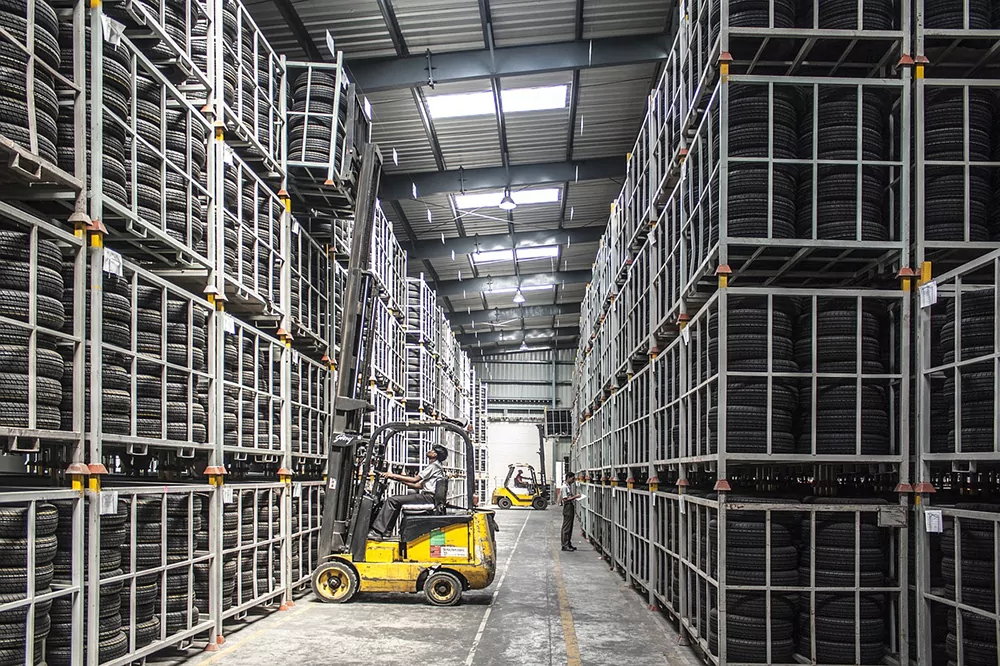
Mar 05 2025
Cut Warehouse Costs With Proven Commercial Energy Efficiency Upgrades
Warehouse operators are relentlessly pursuing smarter ways to reduce costs, improve commercial energy efficiency, and keep productivity moving forward. But what’s the best way to achieve this? As experts in commercial energy efficiency, Verde has the…
Continue Reading >
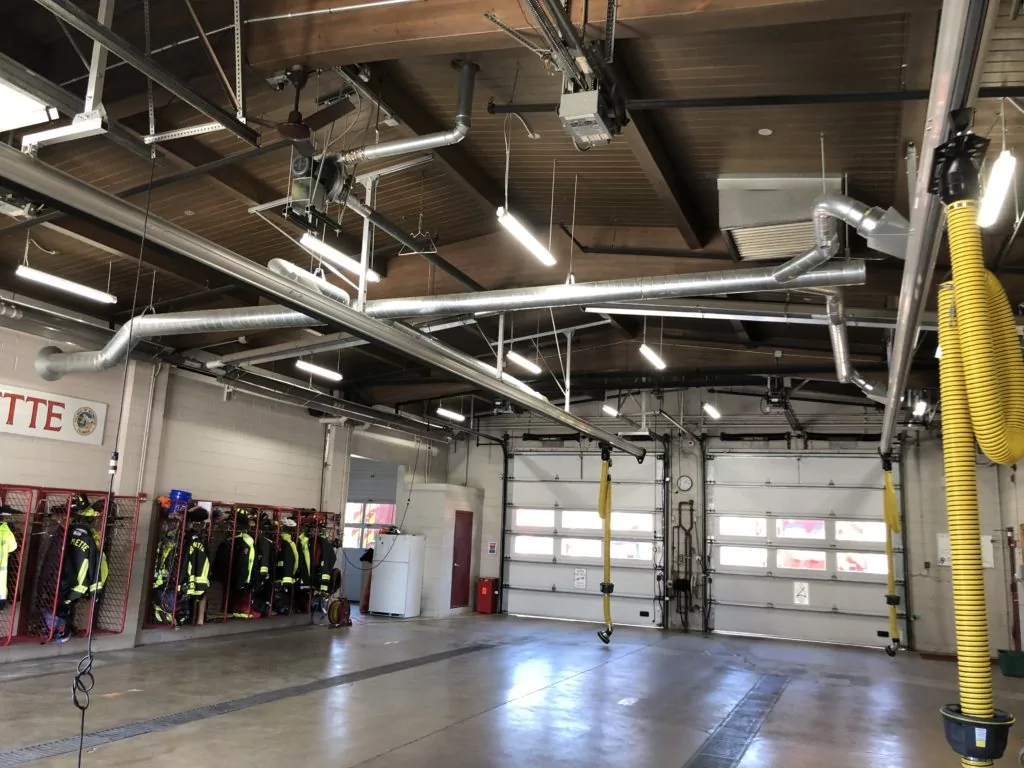
Mar 15 2021
Energy Savings Formula
In 2002, I became a firefighter in the north suburbs of Chicago. I was young and idealistic - loving almost every part of the job. However, I had another secret passion - sustainability. In addition…
Continue Reading >
Related Articles
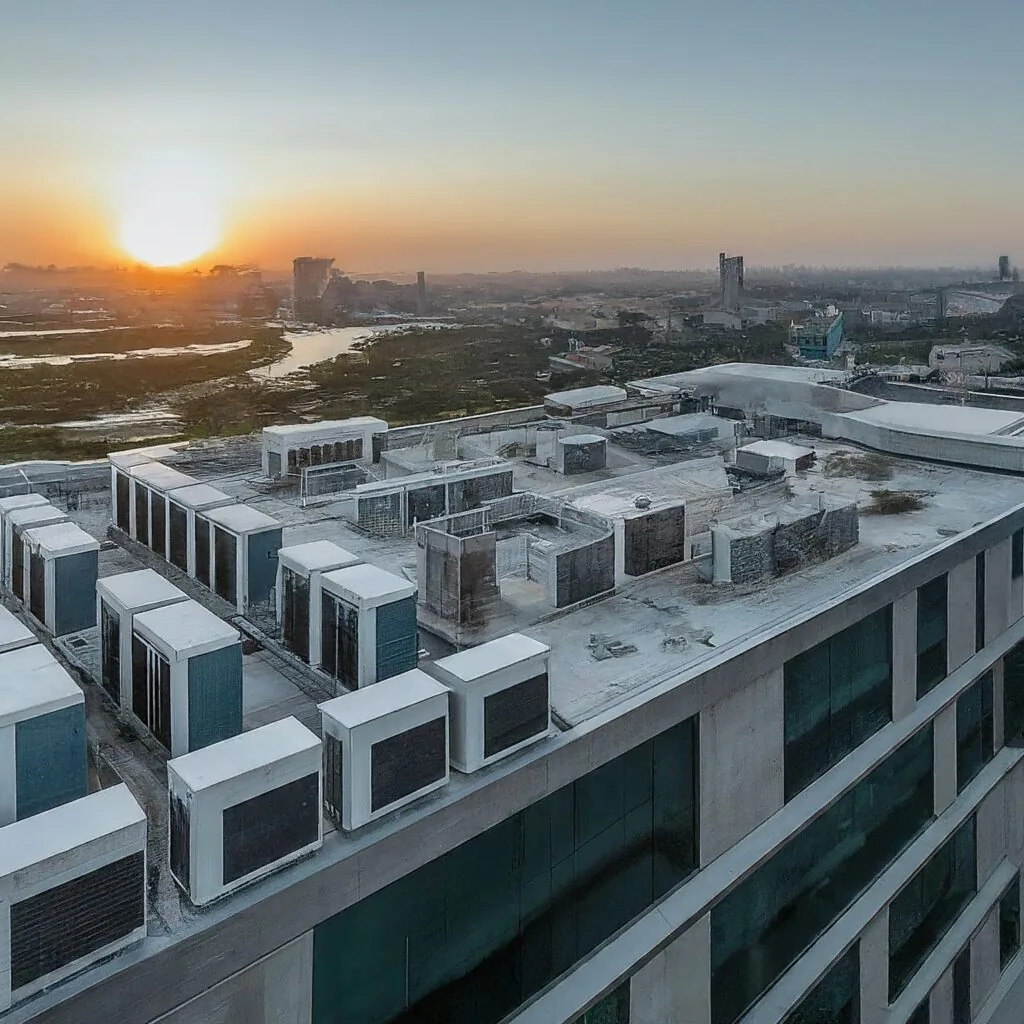
May 08 2024
Decarbonizing Hotels – Is it Possible?
Lower Energy Cost Hospitality with Decarbonization Hotels are huge energy users - with a lot of guests that come and go quickly, keeping them comfortable is no small task. As we look ahead at decarbonization…
Continue Reading >
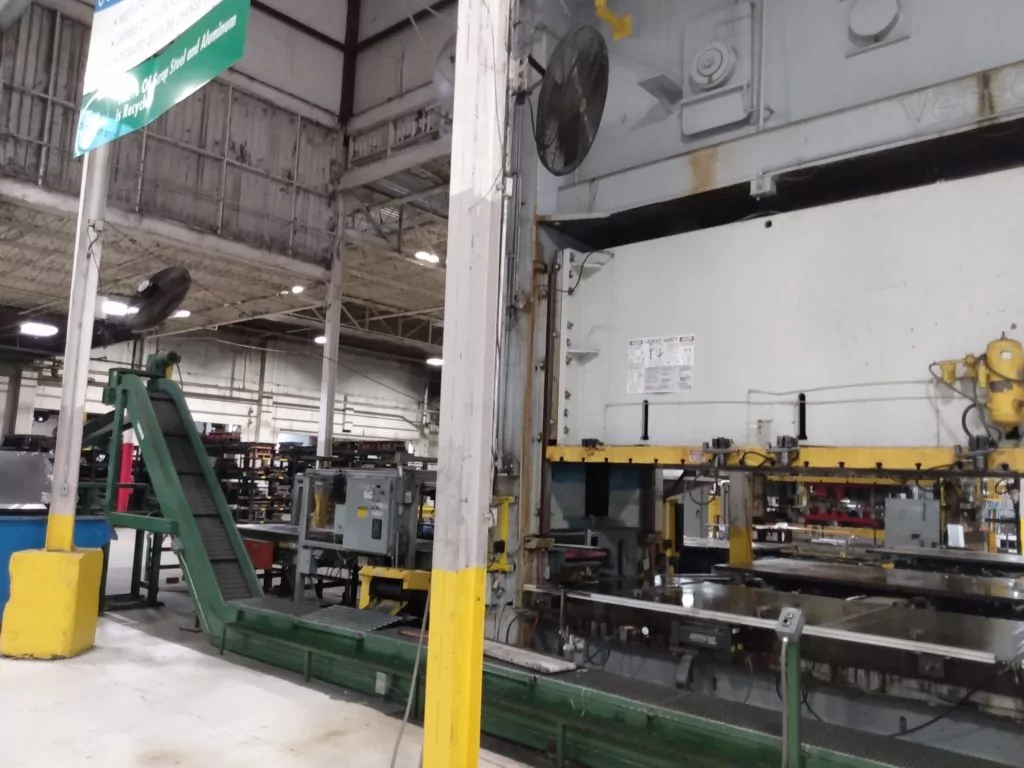
Nov 23 2023
Embracing Energy Efficiency and Sustainability in Manufacturing
Why Your Manufacturing Facility Should Already Be LED In the dynamic landscape of modern manufacturing, where efficiency, sustainability, and cost-effectiveness are paramount, the adoption of LED lighting stands as a transformative step towards a brighter…

